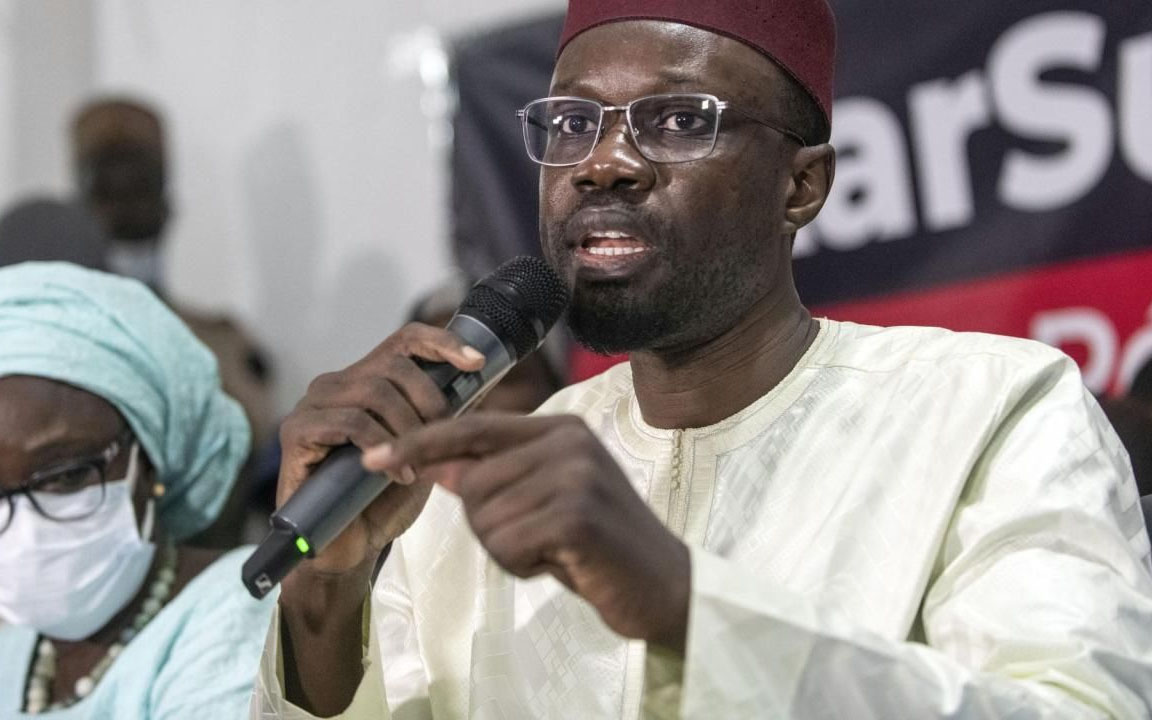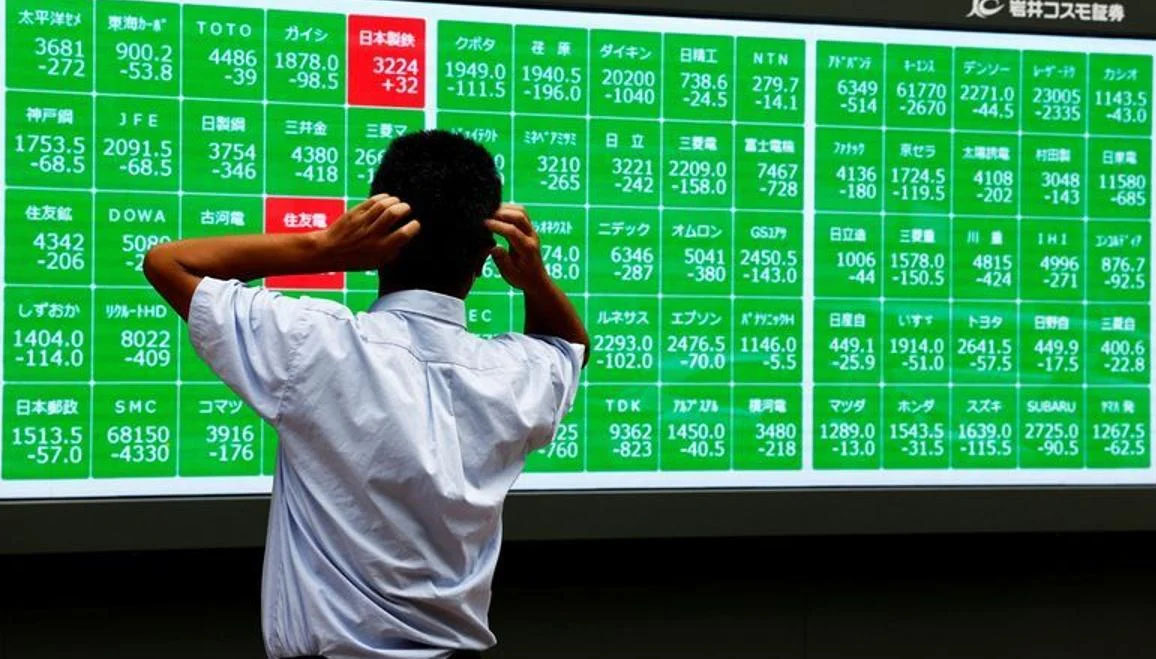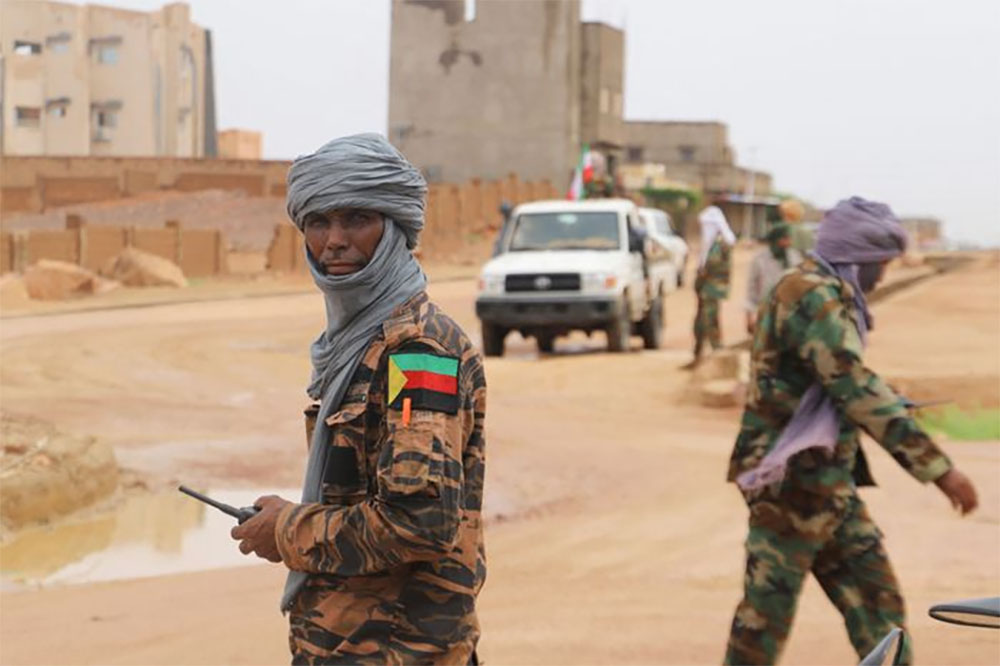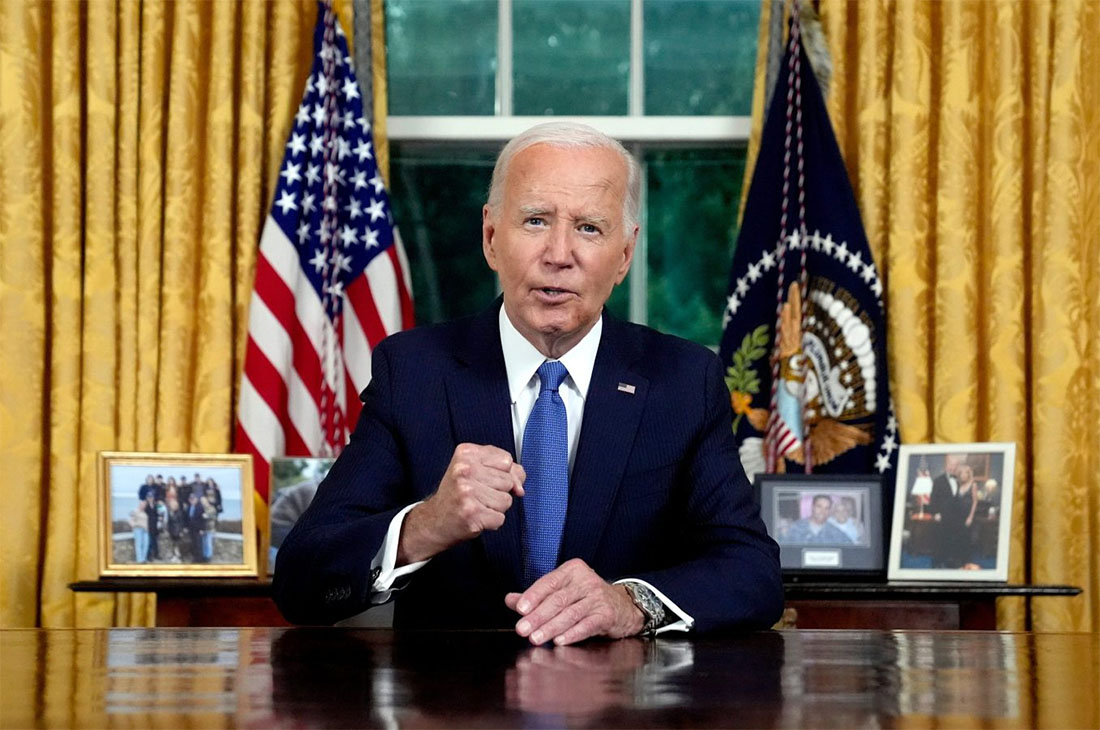SENEGAL MEDIA SOUND ALARM WITH NEWS BLACKOUT

Photo Credit:Associated Press
Senegalese news organisations widely heeded a call Tuesday for a news blackout to protest against economic measures by the new government which they say threaten the industry. Most newspapers did not publish and two popular private radio stations played music instead of broadcasting the news.
Private television stations such as TFM, ITV and 7 TV demonstrated solidarity with the protest by displaying its slogan and image -- three raised fists gripping a pencil.
The Senegalese Council of Press Distributors and Publishers (CDEPS) said in a joint editorial published on Monday that the freedom of the press was threatened in Senegal. The body, which groups editors of private and public companies, complained that the authorities, who came to power in April, were freezing the bank accounts" of media companies for non-payment of tax. It also condemned the seizure of production equipment", the "unilateral and illegal termination of advertising contracts" and the freezing of payments" due to the media.
The aim is none other than to control information and tame media professionals, the CDEPS said.
Le Soleil was among several pro-government newspapers that did not follow the Day Without Press action. Earlier, journalists from the RFM private radio station met to discuss the blackout.
News director Babacar Fall said the new government's campaign to clamp down on the non-payment of tax was a means of exerting pressure on private media to extinguish critical voices.
Ana Rocha, a journalist at the meeting, expressed hope the blackout would spur the government to come to the negotiating table.
At a newspaper kiosk in the centre of the capital Dakar, Homere Badiane said he empathised with the organisers of the protest.
By contrast, Ousmane Balde, 38, came especially to buy the only three newspapers that hit the shelves in solidarity.
























